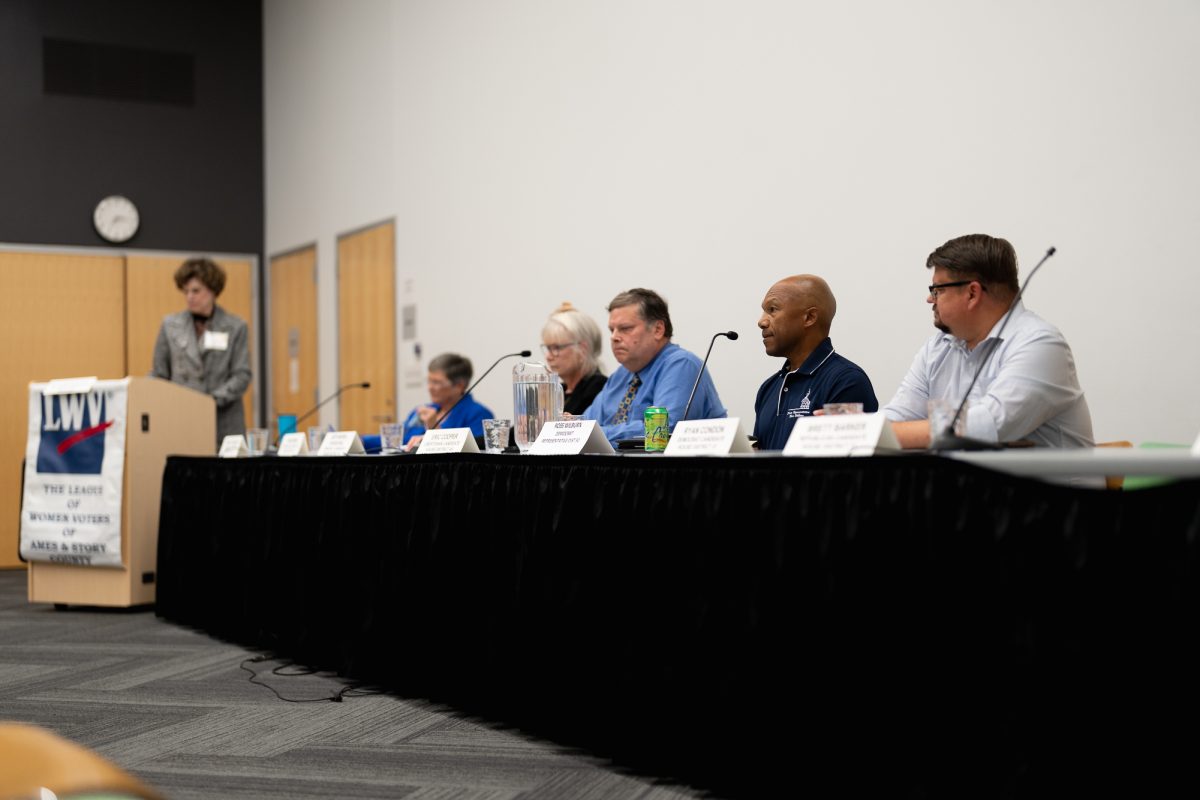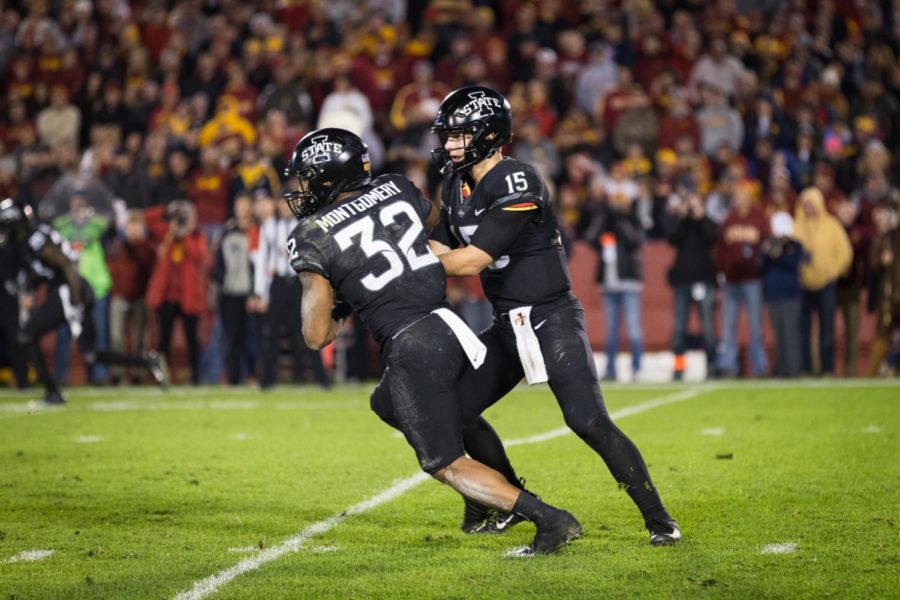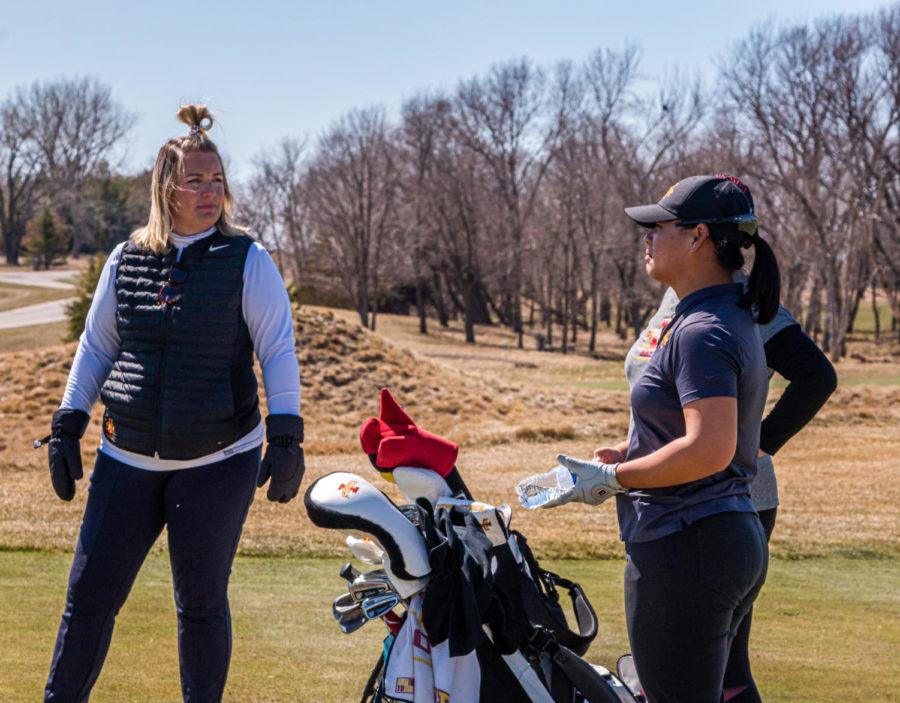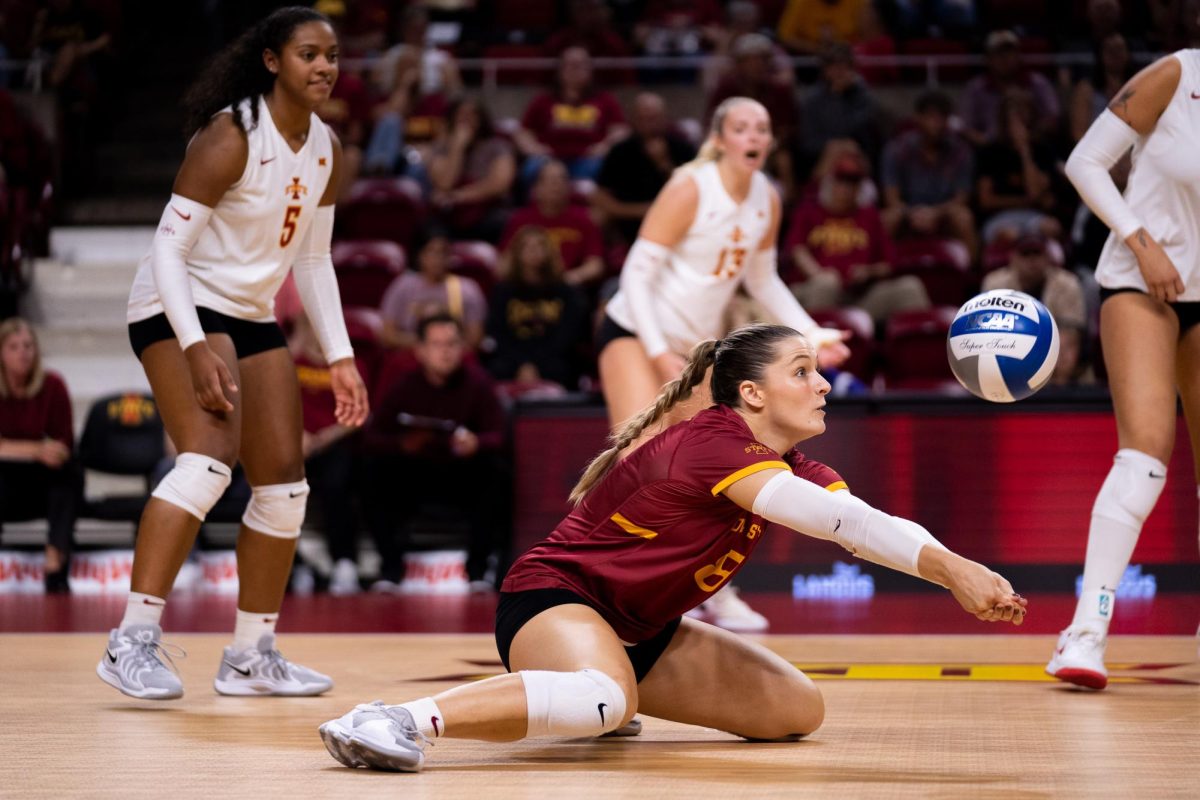Mattingly should share in Yankee glory
November 10, 1998
Something is not right. In two out of the past three years, the New York Yankees have captured the World Series title, returning the franchise to a level of excellence not witnessed in several years. That’s great, but something is still wrong with this picture.
The 1996 championship team featured new manager Joe Torre, proving the naysayers wrong, leading his team to victory in the shadows of his brother’s illness.
Closer John Wetteland was almost unhittable from bullpen, as was Andy Pettite from the starting rotation.
Tino Martinez, Paul O’Neill and Rookie of the Year award winner Derek Jeter led a potent offense.
1998’s team had the comeback player of the decade in third baseman Scott Brosius, who went from a .203 batting average and 102 strikeouts in 1997 to a .300 average, 19 home runs, 98 runs batted in and World Series MVP honors.
The always-jovial David Wells threw a perfect game and led a potent pitching staff, including the likes of David Cone, Pettite, Hideki Irabu and Orlando Hernandez.
26-year-old rookie Shane Spencer impressed the Yankee faithful in a late season boom with a .380 batting average and 10 home runs in just 67 at bats.
With players such as these, it’s almost impossible to find any imperfections in both championship squads — particularly this season’s 125 win team — but there are.
There is no ring for Don Mattingly.
Mr. Baseball played 11 seasons in the Bronx, many of them with excruciating pain in his back.
This misnomer, a 19th round selection in the June free-agent draft in 1979, became one of baseball’s most exciting and personable players.
In 1984, he won the American League batting title with a .343 average.
He followed that up in 1985 by capturing the American League MVP award.
Throw in the Gold Gloves for his almost flawless defense, and you can see what kind of special player Mattingly was, but when you realize the time in which he played for the Yankees, his career is even more impressive.
Following the championship contending Reggie Jackson/Thurman Munson teams of the mid to late 1970’s and prior to Mattingly’s full time debut in 1984, the Yankees went through a down period of sorts.
Owner George Steinbrenner almost constantly (or so it seemed) fired, then rehired Billy Martin as manager.
Of course, men such as Yogi Berra, Lou Piniella, Dallas Green, Bucky Dent and Stump Merrill also held that title during the Mattingly era too.
Steinbrenner banked on major trade acquisition Rickey Henderson and free agent signing Dave Winfield to carry the Yankees to championship glory each and every year.
That didn’t happen. The last time I counted, it took 10 players on the field (unfortunately I have to count the DH, since we are in the AL), strong starting and relief pitching and a solid bench to win a championship.
Trades of future major leaguers Doug Drabek, Jay Buhner, Al Leiter, Bob Tewksbury, Hal Morris and others, before they became established players, hampered the pipeline of talent to the parent club.
Bad personnel decisions, lack of continuity in the manager’s position and a failure of the minor league system to deliver consistent talent to the big leagues aside, Mattingly still came to play and play hard everyday.
Despite his franchise’s futility, Mattingly did his job in the field, at the plate and in the community.
And just when the words “Yankees” and “losing” began to become synonymous to baseball fans, things changed.
Buck Showalter took over as manager. Paul O’Neill for Roberto Kelly became the first of several smart personnel decisions that helped the Yankees climb back into contention, and the farm system began to produce the likes of Bernie Williams, Andy Pettite, Mariano Rivera, and later Derek Jeter, to supplement the talent at the big league level.
With a solid foundation seemingly in place, Mattingly’s years of waiting for postseason play — and possibly a World Series ring —seemed to have arrived.
It was not meant to be. Mattingly’s growing back problem began to rear its head even more on the field. The power numbers and batting average were going down. His range in the field, while better than most first basemen, was declining as well.
Playing through the pain for as long as he could, he finally called it quits after the 1995 season, a season that finally brought him a trip to the postseason.
And one year later, the Yankees would capture the World Series title — without Mr. Baseball.
Maybe it was his intensity and desire in fielding sharply-hit ground balls that won me over.
Of course, he had that sweet left-handed swing down to an art form long before Barry Bonds and Ken Griffey Jr. came along.
He (along with the likes of Cal Ripken, Kirby Puckett and Tony Gwynn) displayed class and respect to his peers and the game, something that seems to slip away as each season passes by.
I don’t mean to cast a shadow over the Yankees well-deserved championship seasons, but it’s a travesty to me that this fine player, this fine man and a future Hall of Famer did not get a championship ring.
Justin South is a junior in journalism and mass communication from Ankeny.






